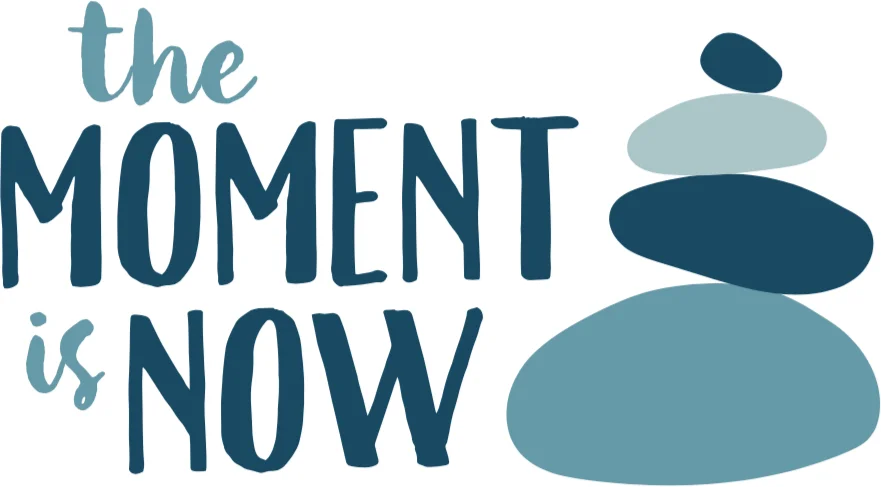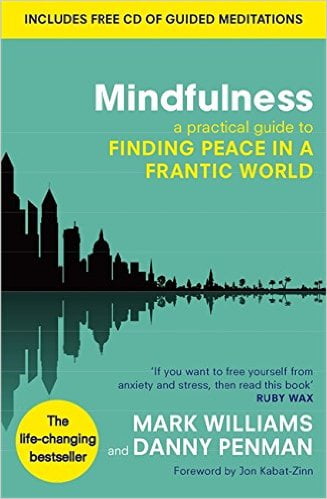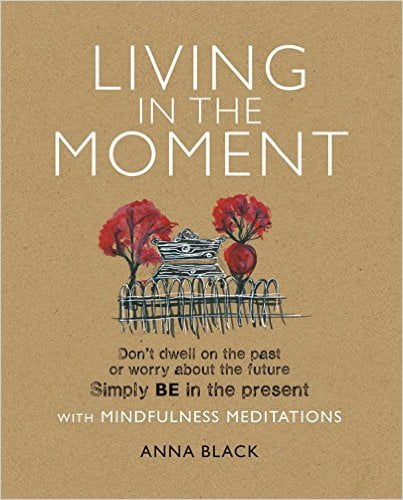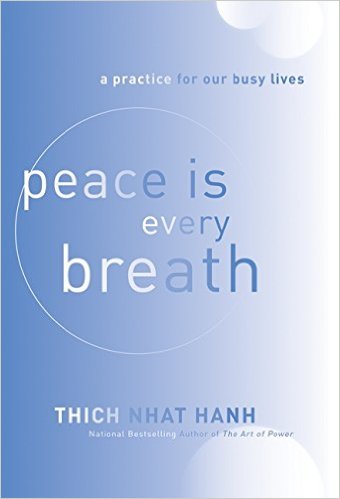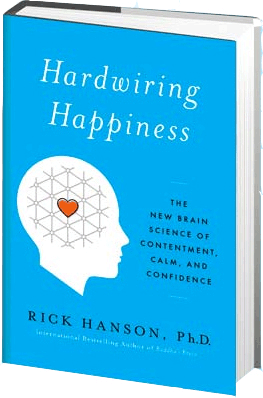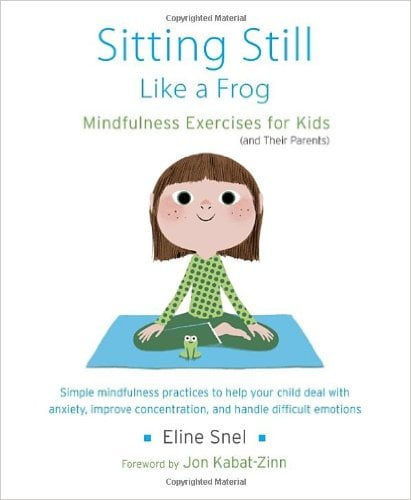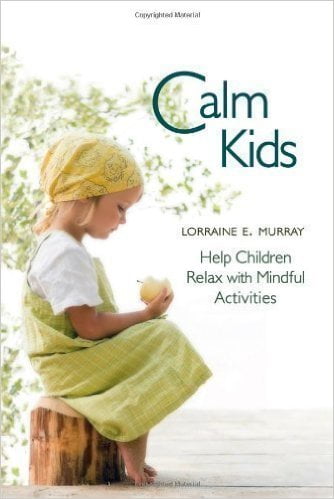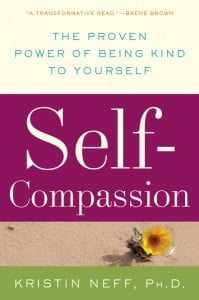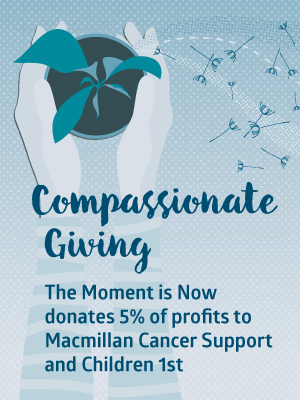Become mindful
Clients' Words
On retreats
The online retreats have been an excellent way to reconnect with my practice. They have proven to be really beneficial for my mental well-being in terms of helping me deal with increased anxiety in these uncertain times.” James N
